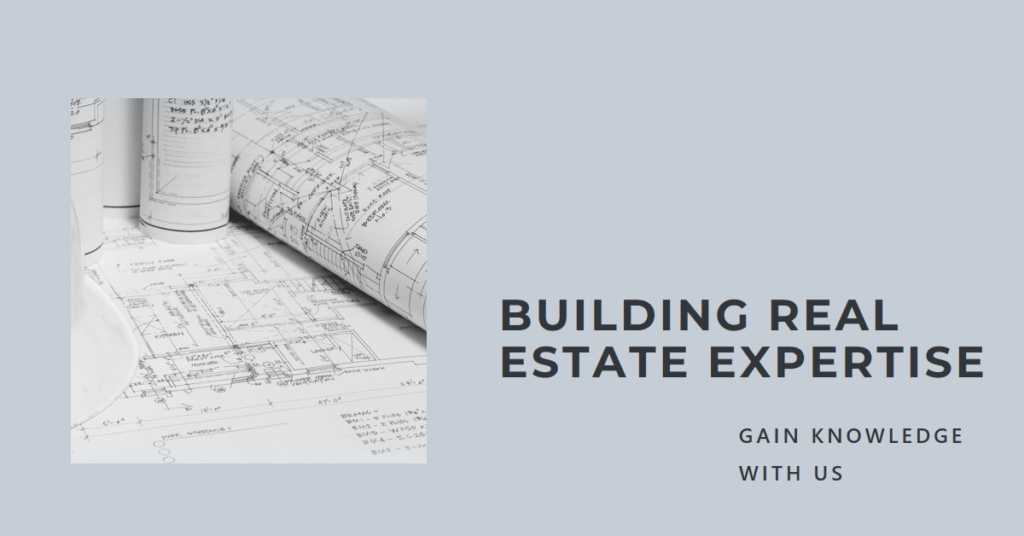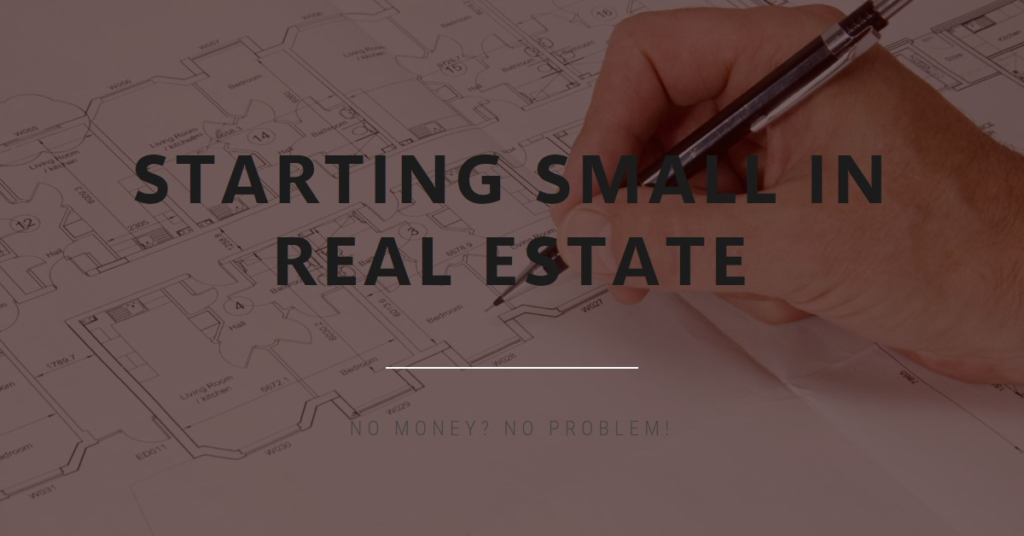
Table of Contents
Introduction: Real Estate
In the realm of real estate, knowledge isn’t just power—it’s the cornerstone of success. Whether you’re a seasoned professional or a newcomer to the industry, continually building expertise is essential for navigating the ever-evolving landscape of property markets. From understanding market trends to mastering negotiation tactics, every facet of real estate demands a deep well of knowledge. In this comprehensive guide, we’ll explore the strategies and resources you need to cultivate expertise in real estate.
The Foundation: Understanding Market Fundamentals
Before diving into the intricacies of real estate transactions, it’s crucial to grasp the fundamentals of the market. Begin by studying macroeconomic factors such as interest rates, employment rates, and population growth, as these elements have a profound impact on property values. Additionally, analyze microeconomic trends specific to your target area, including supply and demand dynamics, zoning regulations, and development projects. By building a solid understanding of market fundamentals, you’ll lay a sturdy foundation for your journey toward expertise.
Once you’ve established a baseline understanding of market dynamics, immerse yourself in local market data. Utilize resources such as MLS listings, property databases, and demographic reports to gain insights into pricing trends, inventory levels, and neighborhood characteristics. By monitoring market indicators regularly, you’ll develop a keen sense of market conditions and identify emerging opportunities before they become widely recognized.
Constructing Your Knowledge Base: Continuous Learning Strategies
In the fast-paced world of real estate, stagnant knowledge quickly becomes outdated. To stay ahead of the curve, adopt a mindset of continuous learning and professional development. Attend industry conferences, workshops, and seminars to glean insights from seasoned experts and stay abreast of industry trends. Additionally, leverage online resources such as webinars, podcasts, and industry publications to expand your knowledge base on your own schedule.
Moreover, consider pursuing formal education or certifications in real estate-related fields such as finance, law, or urban planning. Not only will these credentials enhance your credibility in the eyes of clients and colleagues, but they’ll also provide you with specialized knowledge that can give you a competitive edge in complex transactions. Remember, investing in your education is an investment in your future success.
Blueprint for Success: Building a Professional Network
In the world of real estate, success often hinges on the strength of your professional network. Cultivate relationships with fellow industry professionals, including real estate agents, brokers, attorneys, lenders, and appraisers. Attend networking events, join professional associations, and engage with peers on social media platforms such as LinkedIn to expand your sphere of influence.
Furthermore, don’t overlook the value of mentorship in accelerating your learning curve. Seek out experienced professionals who are willing to share their knowledge and insights, and be proactive in seeking guidance and feedback. By surrounding yourself with knowledgeable and supportive mentors, you’ll gain invaluable wisdom and perspective that can’t be gleaned from textbooks alone.
Navigating the Terrain: Mastering Negotiation Skills
In the high-stakes world of real estate, negotiation skills are paramount. Whether you’re representing buyers, sellers, or investors, the ability to negotiate favorable terms and navigate complex transactions is essential for success. Start by honing your communication skills, learning to articulate your clients’ needs and advocate for their interests effectively.
Additionally, familiarize yourself with negotiation tactics and strategies, such as anchoring, framing, and concessions. Practice active listening and empathy to understand the motivations and priorities of counterparties, and strive to find win-win solutions that satisfy all parties involved. Remember, negotiation is not about winning at all costs but about finding mutually beneficial agreements that create value for everyone involved.


Raising the Roof: Specializing for Success
As you progress in your real estate career, consider specializing in a niche market or property type to differentiate yourself from the competition. Whether it’s luxury homes, commercial properties, or investment portfolios, becoming an expert in a specific area can position you as a go-to resource for clients seeking specialized expertise.
To successfully specialize, invest time and effort in deepening your knowledge of your chosen market segment. Study market trends, transaction data, and industry best practices to stay at the forefront of your field. Additionally, cultivate relationships with key players in your niche, including developers, investors, and industry influencers. By establishing yourself as a specialist, you’ll not only attract clients seeking your unique expertise but also command higher fees for your services.
Adapting to Change: Embracing Technological Innovation
In an increasingly digital world, embracing technological innovation is essential for staying competitive in the real estate industry. From virtual property tours to blockchain-based transactions, technology is revolutionizing every aspect of the real estate process. Stay ahead of the curve by familiarizing yourself with the latest tech tools and platforms designed to streamline your workflow and enhance the client experience.
Moreover, leverage data analytics and artificial intelligence to gain insights into market trends and consumer behavior. By harnessing the power of big data, you’ll be better equipped to make informed decisions and identify lucrative investment opportunities. Embrace technology as a means of augmenting your expertise and efficiency, rather than fearing it as a disruptor of traditional practices.
Weathering the Storm: Navigating Market Volatility
In the volatile world of real estate, market fluctuations are inevitable. From economic downturns to geopolitical upheavals, external factors can profoundly impact property values and investment returns. As a real estate professional, it’s essential to develop resilience and adaptability in the face of uncertainty.
During periods of market volatility, focus on maintaining a long-term perspective and avoiding knee-jerk reactions. Diversify your portfolio to mitigate risk and hedge against market downturns, and be prepared to pivot your strategy as conditions evolve. Additionally, stay informed about government policies, regulatory changes, and global events that may impact the real estate market. By staying vigilant and proactive, you’ll be better equipped to navigate turbulent times and emerge stronger on the other side.
Crowning Achievement: Becoming a Trusted Advisor
Ultimately, the true mark of expertise in real estate is not just in the breadth of your knowledge but in the depth of your relationships. Strive to become a trusted advisor to your clients, guiding them through every step of the real estate journey with integrity, professionalism, and empathy. By putting your clients’ needs first and providing exceptional service, you’ll earn their trust and loyalty for life.
In conclusion, building expertise in real estate is a journey that requires dedication, curiosity, and a commitment to lifelong learning. By mastering market fundamentals, continuously expanding your knowledge base, and cultivating relationships with industry peers, you’ll position yourself for success in any market environment. Embrace change, hone your negotiation skills, and specialize in your niche to stand out from the crowd. With perseverance and determination, you’ll unlock the door to unlimited opportunities in the world of real estate.


